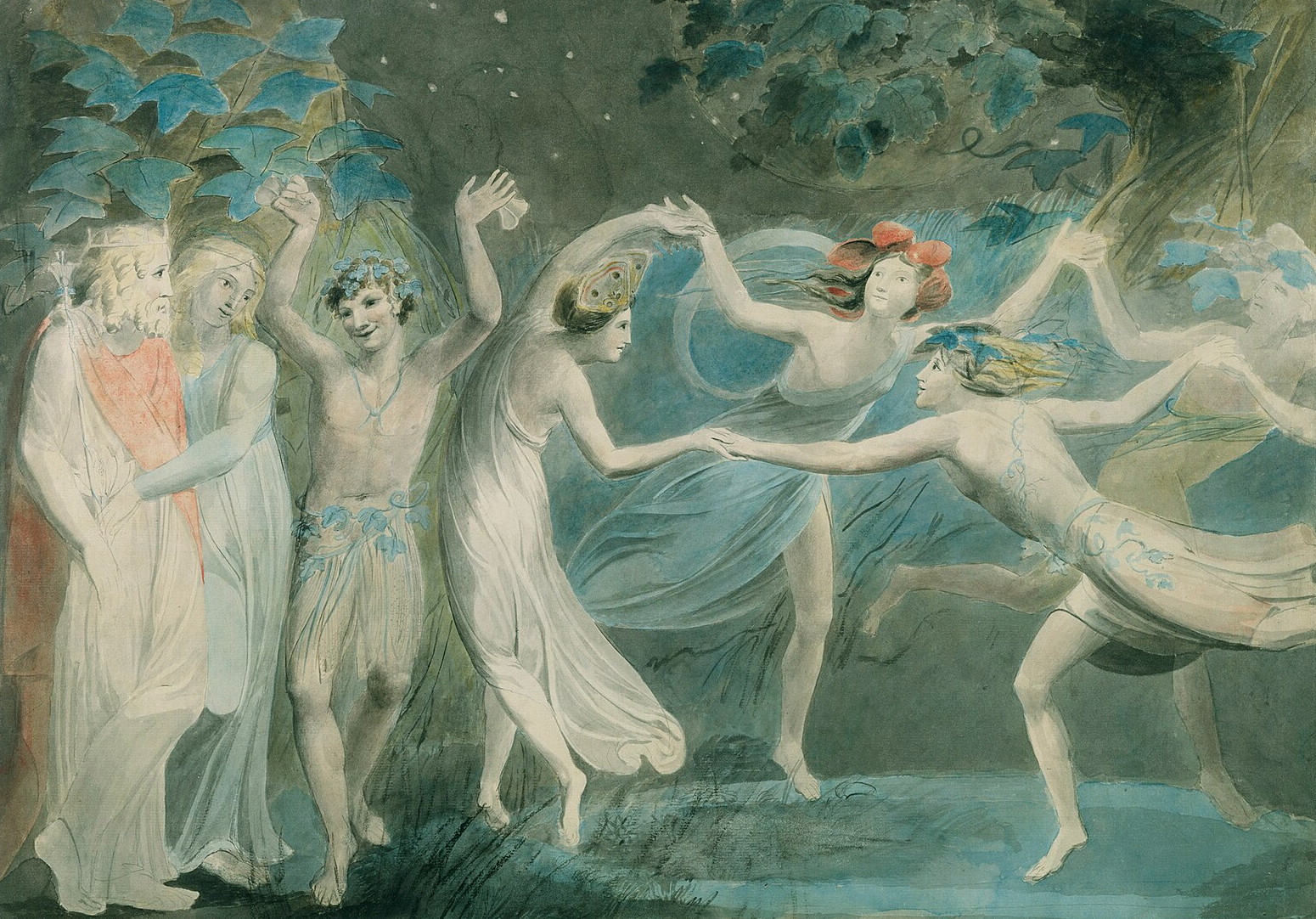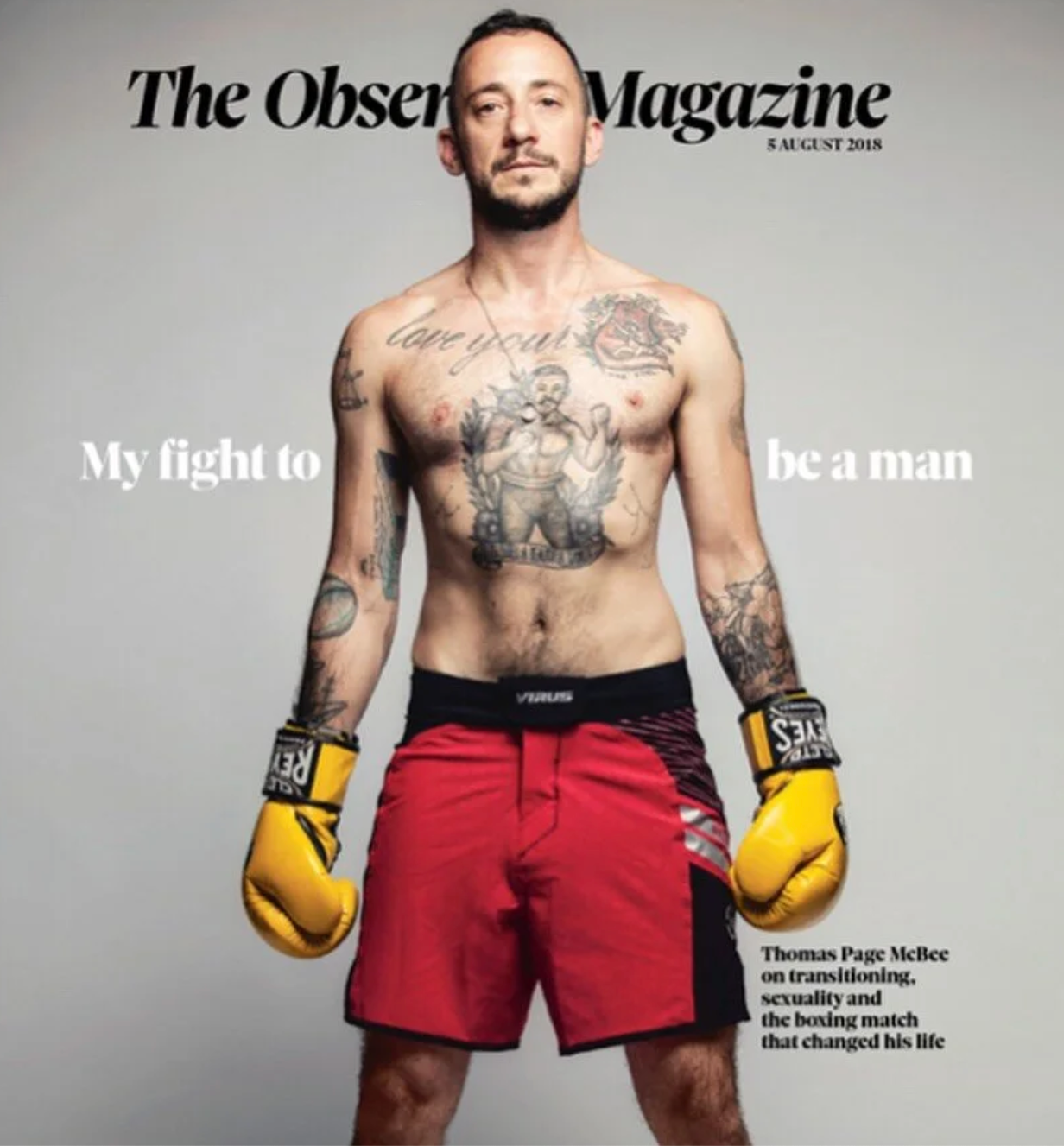Denny and Me: Guest writer J Brooke
You often hear that queer people have chosen family. But sometimes, your queer family includes the one you were born into

Ti-X. That’s what Denny proposed calling me. “Sounds like T-Rex” I overheard my brother chime into the phone conversation from the same room Denny was in. There were 2,915 miles between where my brother and sister-in-law raised Denny and where I had just moved to. The following day Denny would leave for a state college a few hours away from their childhood home. “Ti like from Tía or Tío in Spanish, and then X,” explained Denny. “I like it,” I said.
I had struggled for months with how to refer to Denny. When looking up “nonbinary names for nieces and nephews” I found “nephling” and “niephling,” which sounded like referencing an infant, and the more popular “nibling,” which seemed to liken Denny to a snack.
Gender Defiant: Writers raising trans kids is a reader-supported publication. To receive new posts and support our work, consider becoming a free or paid subscriber.
While filling out DMV forms for my new state’s new driver’s license, my pen freezes above three gender choices: Male, Female…and X! Forty years after my initial driver’s license, I’m offered X. Overenthusiastically over-inking, I obscure the box with a Rorschach-like blotch.
“Hey! CT has nonbinary driver’s licenses, does CA?” I text Denny.
“no clue—hope so” bookended by thumbs-up emojis they text back.
When Denny was born, I sent a football and a ballerina tutu along with a note welcoming them to the world and wishing them choices and options in their life ahead.
Denny was 2 when they attended Beatrice’s and my wedding in Montreal. When Beatrice’s sister saw me dressed for the wedding, in grey trousers and a floral print button-down, she shifted her lower lip to the side and said, “You’re wearing street clothes to get married in?” Denny was still being dressed in dresses back then, but their Paddington Bear-ish overcoat saved them as they sat tall on my brother’s shoulders. When Denny was 5, I taught them how to throw a baseball. When Denny was 8, I gave them a mitt and we spent the entirety of my visit playing catch. Denny wore a baseball cap everywhere.
As a kid, I wore a baseball cap too, tucking up into it the long hair my mother wouldn’t allow me to get barbered the way my brother got his done monthly. At summer camp I was known as “the kid with the baseball cap,” which was meant as a slight, but I took as compliment. During the school year I’d go and watch my brother’s haircuts. He’d sit statue-still reading a Superman comic while the barber snipped at his feathery sideburns. My favorite part was the two columns of hair that congregated on the back of my brother’s neck getting buzzed clean. Zzzh zzzh. I’d touch the back of my neck trying to locate what such fresh stubble might feel like on me.
While researching Out Late, a documentary my wife and I produced in 2009 about LGBT people who came out as senior citizens, we interviewed a Kansas subject who said, “If you’re queer, you don’t come from a queer family… so you must create that family.” It reminded me of being teased when my brother had the role of Oberon in his high school production of A Midsummer Night’s Dream. “Your brother’s the king of the fairies, your brother’s the king of the fairies,” two older girls sing-songed the whole bus ride home. Dance belt and tights were part of my brother’s costume for the role, and he wore them around our apartment for the weeks leading up to the performance, continuing to wear them under his jeans after the play ended.

My parents worried my brother was gay, thinly based on his disdain of sports and his self-created origin story that he “floated down on a pink cloud.” A frequent reader of my brother’s diary when we were growing up, I knew he wasn’t gay. He was five years older, so I often needed the dictionary to look up terms he used describing what he was doing with his girlfriend. Still, he walked like a ballet dancer – “Stop prancing!” our mother would yell.
While I understood my brother wasn’t gay, I couldn’t make sense of how feminine he seemed. Certain I’d been born male, I figured stuff had somehow gotten switched around, and it seemed something similar had occurred with my brother. I wondered if who we each were had broken at birth, like a china platter shattering before getting glued imperfectly back together.
I longed for all my brother was offered and summarily turned down: Cub Scouts, football, Swiss Army knives, sling shots, cap guns. When our grandfather returned from a trip to Australia, he brought my brother a handsome hand-carved Aboriginal boomerang and me a doll whose eyes closed when turned horizontal. I went into the guest bathroom, shoved as much of a hand towel as I could fit into my mouth, and screamed.
You are currently a free subscriber to Gender Defiant. Help support our work and support families traveling for care by upgrading to paid!
My brother and I watched “The Six Million Dollar Man” together. The premise: Colonel Steve Austin, an astronaut returning to earth, endures a near-fatal crash the military takes as an opportunity to make Austin bionic. The opening digital readout defined “bionic” in neon blue: “A HUMAN BEING WHOSE ORIGINAL HUMAN PARTS HAVE HAD TO BE REPLACED TO ONE EXTENT OR ANOTHER BY MACHINES THAT PERFORM THE SAME FUNCTIONS.” My brother and I never discussed which of our human parts we’d like replaced, but we agreed that were we bionic, we’d become (like Austin) “Better than before—Better, stronger, faster.”
I was a fast runner, expert at rope climbing, winning an All-Around-Athlete trophy in third grade. After switching schools in fifth grade, I never took gym again. Every year my mother made Dr. Levbarg write a note saying I couldn’t participate in gym because I had “bad knees.” My knees were fine, I’d explain early on when called to the infirmary and questioned by the school nurse. The rumor the popular girls floated around during lunchtime was I didn’t take gym because I didn’t want the other girls seeing me naked. While the notion of changing into the one-piece pink romper the girls had to wear for gym seemed the apex of humiliation, I would willingly have endured it to play sports. One thing I could be sure of, whatever my mother told Dr. Levbarg to get him to write the damn note each year, and whatever she then confided to the school nurse about me, it wasn’t “I don’t want our daughter taking gym because she asks for sex change surgery and knows she’s really a boy.” No way was it that, because I knew my mother wouldn’t tell anyone the truth about me.
I knew my mother wouldn’t tell anyone the truth about me.
Desperate for the competition, speed, and pummel of aggressive play, I’d run around outside during lunch with the boys who liked contact games. Fifth grade was “Buck-Buck” or “Johnny on the Pony.” In 6th grade we played “Kill the Carrier.” In 7th grade the same game was re-named “Schmeer the Queer” and I played it through a frequently bloodied lip and a twice dislocated finger. In 8th grade the boys abandoned these pick-up games and paraded around with lacrosse sticks, their pageantry seemingly choreographed as they cradled rock-hard rubber balls like unhatched ostrich eggs within netting attached to long metal sticks. Mesmerized watching them wring their wrists rhythmically back and forth, I’d wonder whether they were rocking the unborn ostrich or scrambling it within its shell. Asking my school’s athletic office to borrow a lacrosse stick, I was offered a girl’s one, so said “thanks anyway.”

My brother lobbied our parents to no avail to jettison his gym class. In 6th grade my science classroom window had a direct view of his 11th grade athletic requirement. He never changed out of his chinos and leather shoes, which landed my brother most often on the bench observing the other man-boys not on Varsity or JV teams suffer the hour-long humiliation of forced sports. One time I witnessed my brother participate in a softball scrimmage. Covering second base, not wearing a mitt, he halted an infield grounder with the instep of his oxford, then kicked it toward the pitcher.
When Denny was 14, they accompanied my brother and sister-in-law to the east coast to spend a week with my family. Picking the three of them up at the airport, I couldn’t believe how much Denny had grown. Tall and lanky, slumped broad shoulders, plaid flannel button-down over knee length shorts and a dark t-shirt. I didn’t point out we were wearing identical outfits (my cap backwards, Denny’s forward), but I noticed my brother and sister-in-law noticing. We four stopped for dinner before the long drive home. Denny, often quiet in front of their parents, spoke at articulate length about their pain being born in a girl’s body, being subject to traditional gender expectations, being out-of-sync in even the progressive world around them. They complained about most boys they used to be friends with and now were not, and most girls who judge them and they don’t want to be friends with. The word “unfair” was used no fewer than 50 times before our appetizers arrived.
That night I told Denny what I believe about societal fumbling of sexuality and gender, explaining how the two are often conflated or confused in assessing people. I told them that many queer people, like us, initially fumble around with this too, in figuring ourselves out. I told them about how many trans individuals had lived entire lives as gay cisgender people unable to claim their authentic selves in generations prior to this. And then I told them that I thought the person I interviewed in Kansas was mistaken…that if you’re queer, it’s entirely possible you come from a queer family. And that that’s a good thing.
That was the summer before Denny’s first girlfriend, three summers before Denny’s second girlfriend, four summers before Denny moved, just last month, into their gender-neutral dormitory to begin their freshman year at college.
“Denny, I don’t like ‘nibling,’ it sounds weird,” I told them on the phone last week. Not missing a beat, “Call me Nix” they said. The prefix of niece with X, just like Ti-X, they mean. I like it, but I couldn’t have thought of it myself. Like Steve Austin, Denny is simply better, stronger, faster at this than I am.
*
J Brooke (They/them/e) has work in The Rumpus, Electric Lit, The Normal School, Harvard Review, ROOM Magazine, Southampton Review, Maine Review, and elsewhere. They won Columbia Journal’s 2020 Special Issue Nonfiction Award for “HYBRID”, their autobiographical essay on gender. Brooke’s work has been nominated twice for a Pushcart, a 2025 Best of The Net, and was a finalist for the 2025 Iowa Review Prize. Brooke is the Prose Reviews Editor at The Rumpus.
This essay was first published in Passengers Journal.
Gender Defiant: Writers raising trans kids is a reader-supported publication. To receive new posts and support our work, consider becoming a free or paid subscriber.



